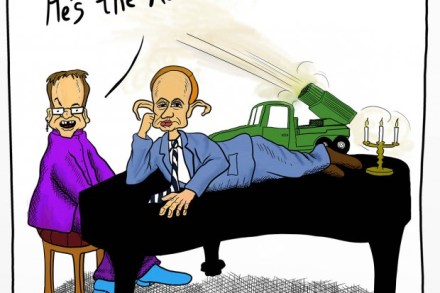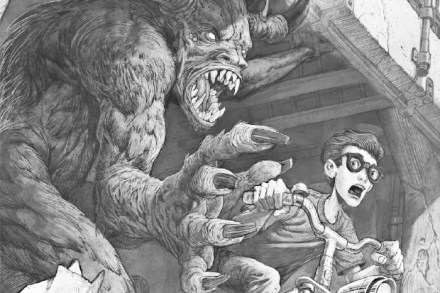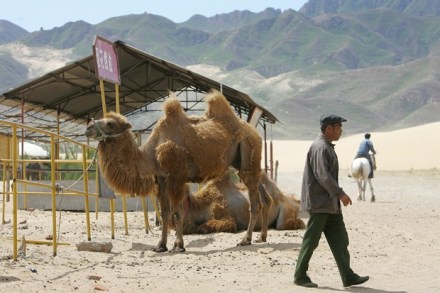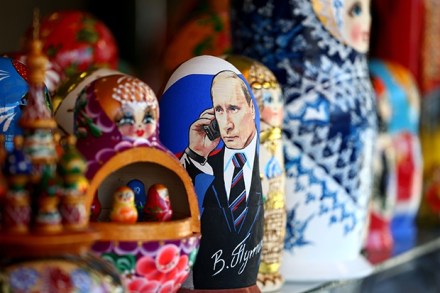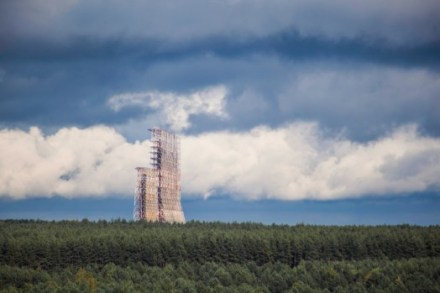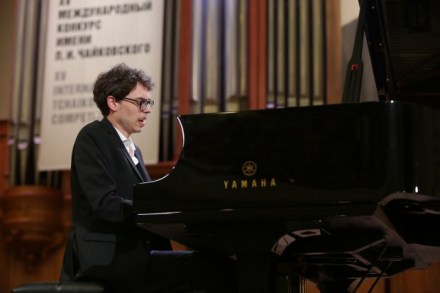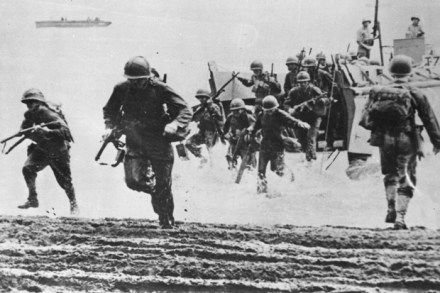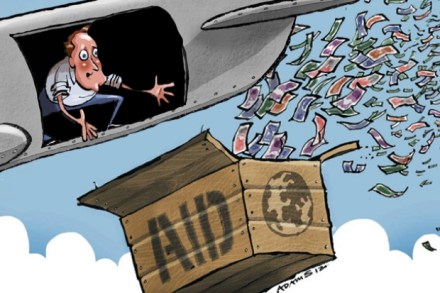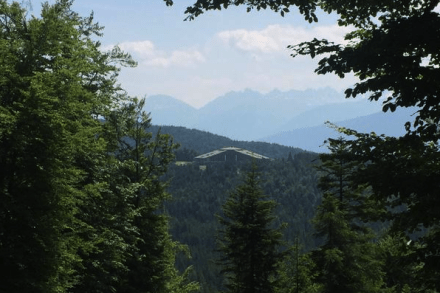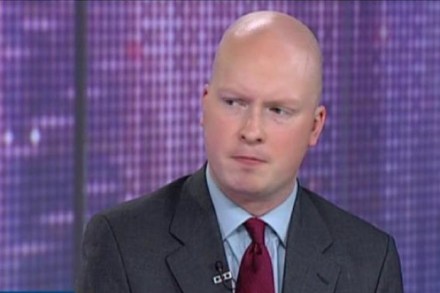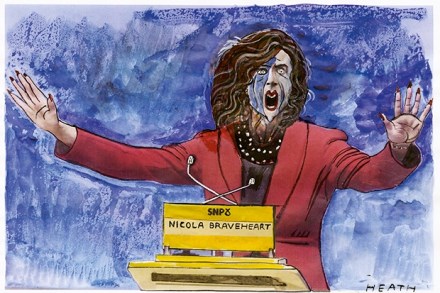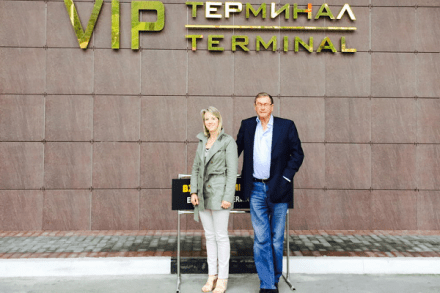Does Elton John genuinely believe he can change Putin’s attitude to gays?
I’ve never been an Elton John fan. Never owned an album. Never added one of his tunes to my playlist of favourite tracks. Never really understood the appeal of pith helmets, spectacles, coat tails, and twitchy eyebrows. Yet it’s because I’m immune to his charm that it would be easy for me to mock Elton for falling for the scam arranged by two pranksters who convinced him that he was speaking with the Russian president, Vladimir Putin. It would be easy but it would also be unfair because what happened to Elton wasn’t a prank. A prank contains some clue that gives the victim a chance to escape the net.
